
All images courtesy of Clara Gesang-Gottowt, please check out her website for further info.
“In my painting process I learn how I want to live my life.”
– Clara Gesang-Gottowt
Born 1985 Swedish Clara Gesang-Gottowt earned her MFA from Royal Institute of Art in 2013.
We asked her about beauty, painting and ‘the untitled’ – she answered with vivaciousness.
Why is all your recent work ‘untitled’?
GESANG–GOTTOWT: “Words either have a strong impact or they are pointless and empty. I have a hard time finding one or a couple of words that reinforce or give another dimension to my paintings.
All my attempts to create titles seem either to hefty or to simple. When reading fiction I seldom remember the action afterwards, but I do have an exact memory of the mood in the book – I look at my paintings as these memories.”
G: “There is something decisive and exact about them, but they are moving and they change.”
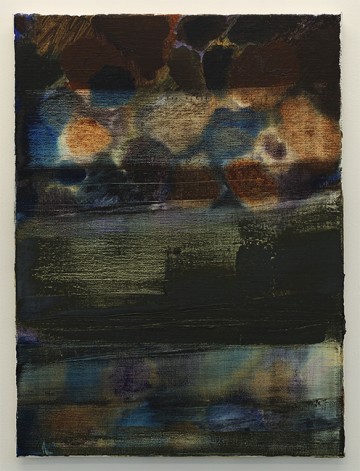
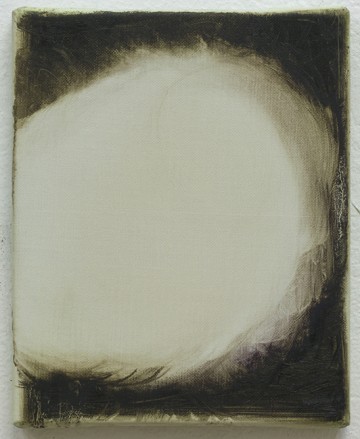
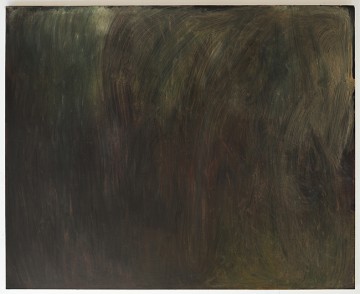
G: “I want the paintings to touch the feelings and body of the viewer by awakening their own memories. That’s easier to accomplish without titles. When we remember things through body memories there are words included, but the memories of them are too blurred to be restored.
I see my paintings as narrative and think they are highly related to literature and words in themselves.”
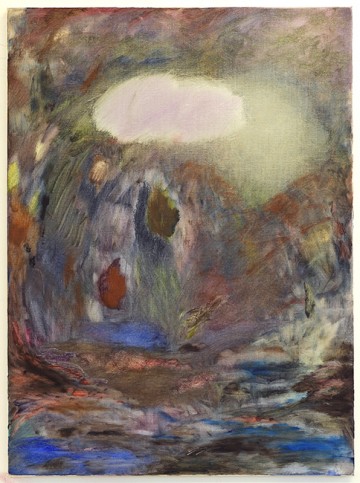
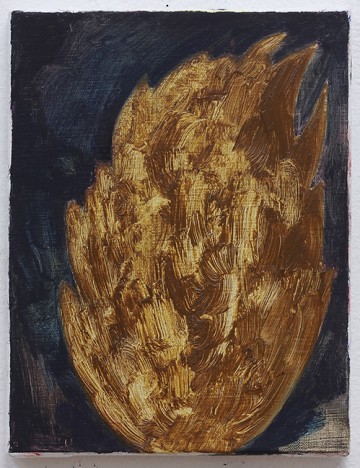
What has painting taught you?
G: “In my painting process I learn how I want to live my life.
To make the work meaningful I must take risks, dare to take decisions and go on, even when I don´t feel for it.
Painting teaches me that there are no rules or recipes. Otherwise I have a big need to control and want things to go the way I’ve pictured them, but in the studio I know it doesn’t work that way. Those kinds of experiences I bring with me from the studio out in my everyday life.”
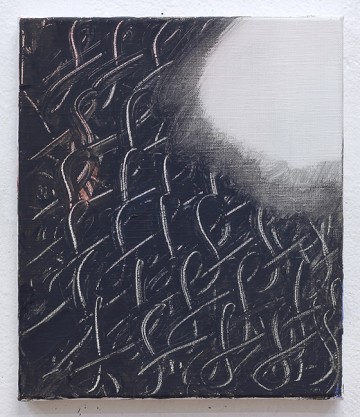
G: “To paint also teaches me to see my surroundings. Right now, being in an intense period of a painting process I see nature more sharp. To bike home from the studio at night, when it’s dark and misty becomes an extension of the painting process.”
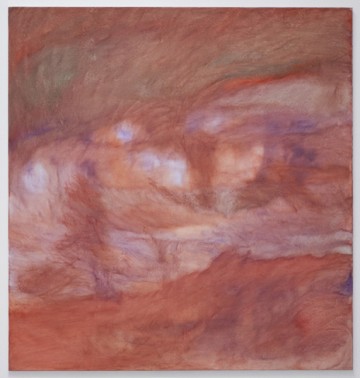
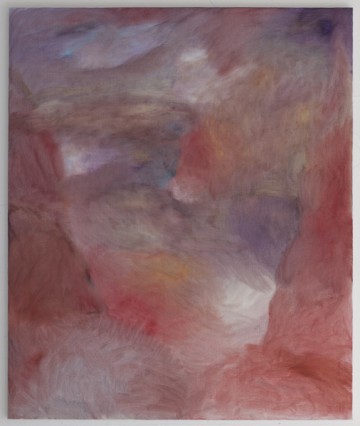
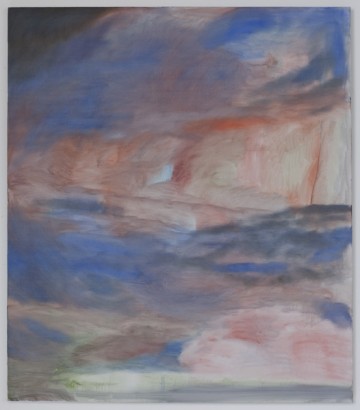
G: “Painting is a catalyst for my life experiences. It comes up to the surface in the working process and I take it more serious when it arises there. I know that I need to be conscious and take care of whatever arises to make progress.”
G: “Painting teaches me to take things seriously. It also teaches me that it doesn’t have to be tough to reach a good result. Maybe the most important thing is that painting gives me security: whatever happens in my life I have something valuable that no one can take away from me.”
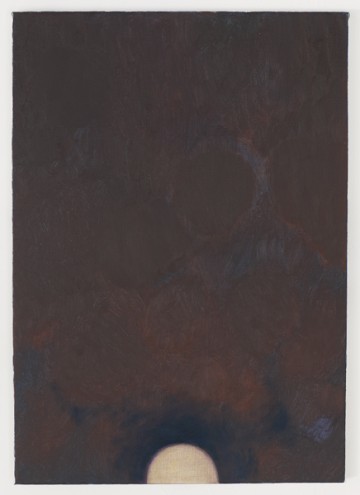
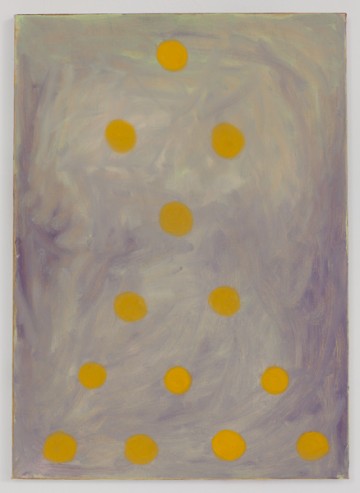
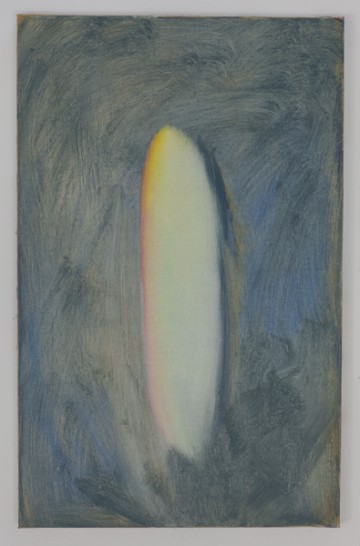
What role does beauty play in your work?
G: “I´m attached to beauty. Beauty has a capability to awaken my feelings and I seek emotional kicks.
Yesterday when I was standing outside the food shop a woman came out with two filled bags, and the bags we’re so beautiful when filled, hanging like weights from her arms.
It aroused something in me. It’s hard to make something beautiful with the intention to do so. Often it gets too polished and dead.”
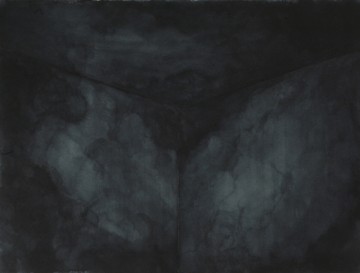
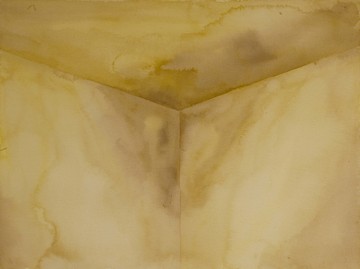
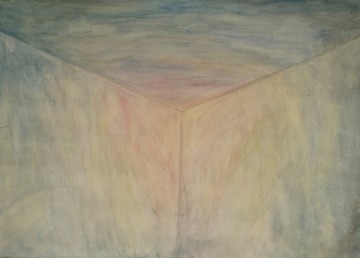
G:” Beauty arises from presence or practical decisions. Earlier I tried to resist beauty. If a painting was beautiful I sullied it, for example by painting a big blob across it. In my ongoing work in the studio, for the forthcoming exhibitions my mantra is: ‘I´m not afraid of the beauty.'”
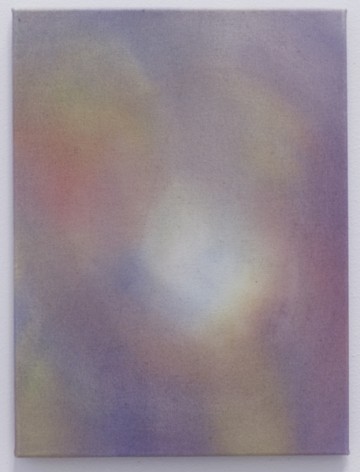
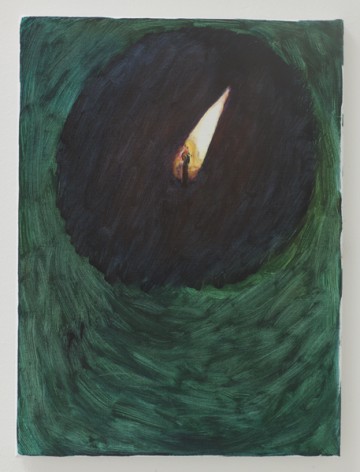
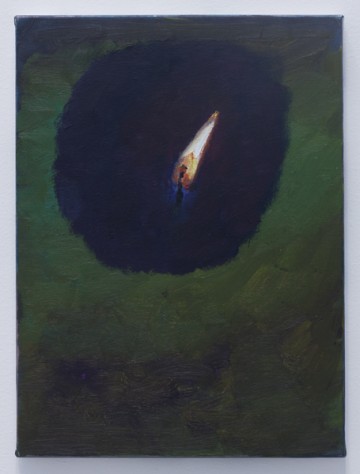
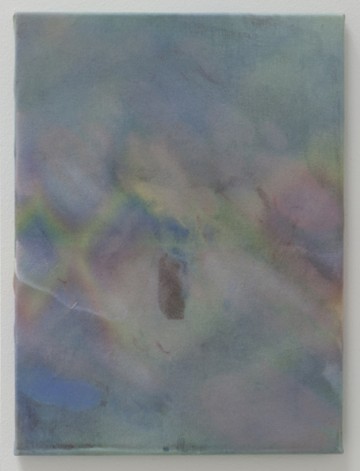
Could you elaborate on the significance of the unconscious in your work?
G: “With my paintings I want to explore new things. Not by chance, but through what I already know deep down. This knowledge which is hidden in control.
I often have the feeling that I can create a masterpiece, it´s all in me, but something is in the way: an obstruction made of consciousness.”
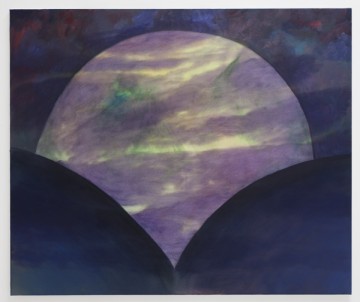
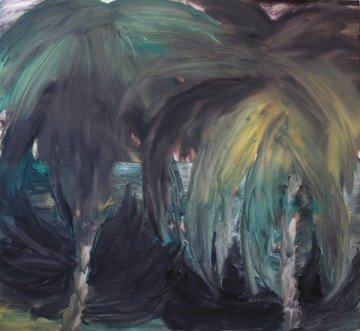
G: “The subconscious is for me to get hold of something within me. A knowledge I didn´t accumulate at Art College or through studying art history.”
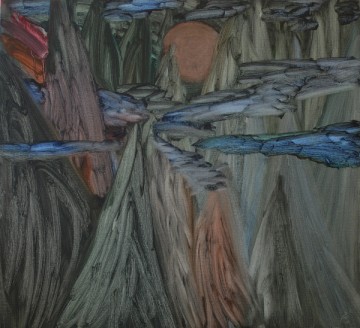
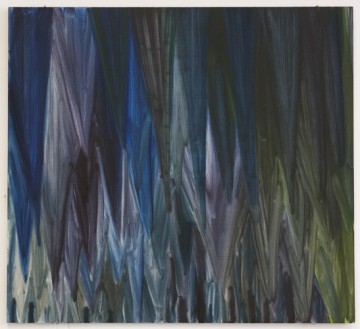
G: “Sometimes I find that presence, that so called creative flow. To be in flow gives an enormous fulfilment. It’s like being one with the Universe. I also believe there’s something general human that comes to expression when one is in that state of mind.”
